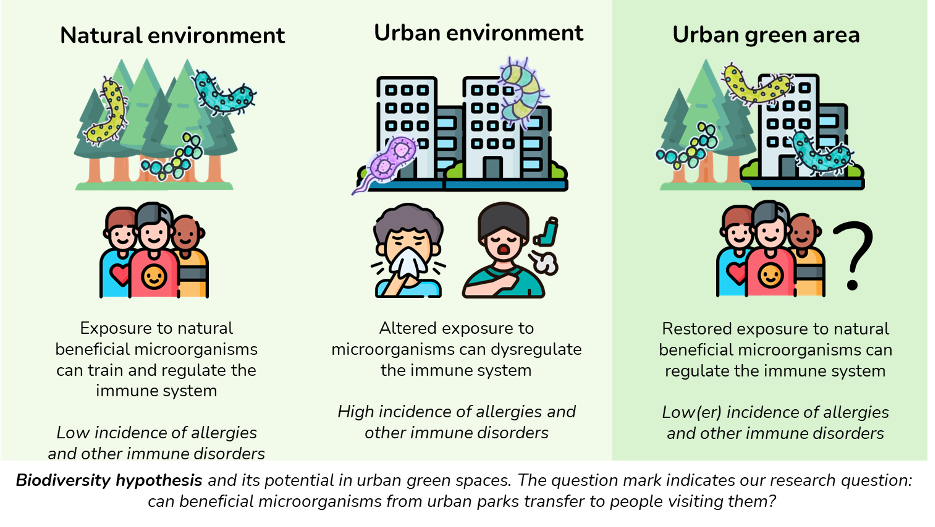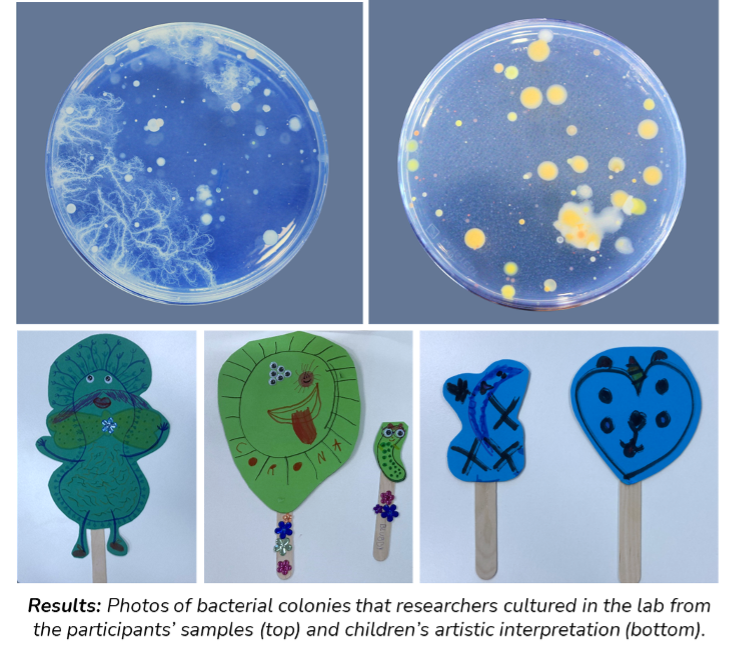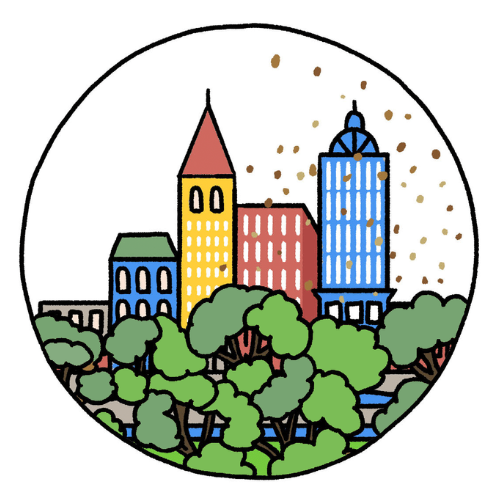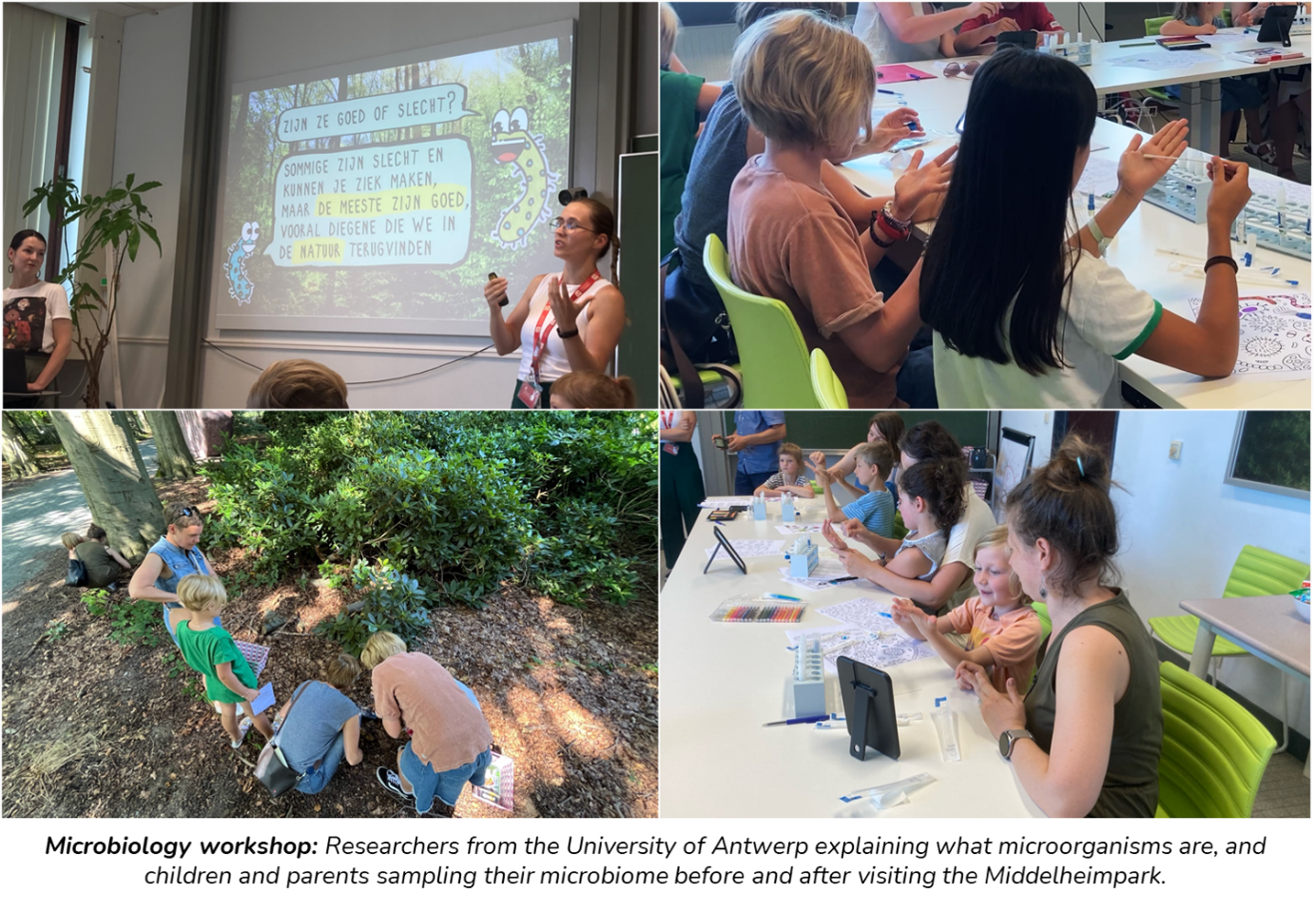Project Description:
As scientists from the University of Antwerp, we believe that urban green spaces – such as parks –, are crucial for human health and wellbeing. We know that urban green spaces contain diverse microorganisms that may benefit our immune systems. However, we need more research to understand how this works. Specifically, we are interested on how microorganisms transfer from the environment to humans and influence our health.
Over seven months, we will study microbial transfer from parks to humans. By involving citizens, we hope to collect valuable data and foster a deeper connection between people and their local green spaces. We will work closely with local families and associations, engaging them in every step, from project design to data collection. Participants will gain practical research experience and a better understanding of the health benefits of microbial diversity.
Join us in this ground-breaking effort to boost public health through microbial biodiversity in urban green spaces!
Project Type: Kick Starting Grant
Theme: Justice and Equity, Climate
Mentor:Ilídio André Costa
BUGS: Citizen Science for Healthier Cities
Coordinators: Prof. Irina Spacova & Agustina Santullo
Project Overview
The BUGS (Benefits of Urban Green Spaces) initiative investigates how urban parks and their microbial ecosystems can contribute to healthier cities. Coordinated by researchers from the University of Antwerp, this project collaborates with families with young children to explore the health benefits of park environments.
Investigating Urban Parks and Beneficial Microbes in Belgium
Urban parks offer vital opportunities for city dwellers to connect with nature, potentially impacting public health. According to the Biodiversity Hypothesis, exposure to diverse natural environments and their beneficial microorganisms is essential for training our immune systems, particularly during childhood. BUGS aims to determine if these beneficial microbes transfer to humans during park visits, thereby offering protective health benefits.

Activities and Community Engagement
To promote public involvement and understanding, the BUGS team organized interactive workshops combining microbiology education with creative activities. Families engaged in self-sampling using microbiome kits and instructional videos designed by the research team. The hands-on experience was highly engaging for children, with one parent sharing, “The child-friendly explanation was the best part—he even told the rest of the family that not all bacteria are bad. Taking samples himself was also fun!”
Citizen scientists collected 270 microbial samples from their skin and noses before and after park visits. The lab analysed these samples to identify bacteria transferred from parks to humans. Each participant received personalized feedback, including a photo of the bacteria found on their hands or nose after their park visit, adding a tangible and educational element to their involvement.
Why the BUGS Initiative Matters
Urban areas are witnessing a rise in immune-related disorders, such as asthma and allergies. By investigating the microbial potential of urban parks, BUGS aims to provide evidence-based insights for designing healthier urban environments. The project’s citizen science approach bridges the gap between researchers and communities, fostering trust and curiosity about science. Participants reported increased interest in scientific topics among their children, with one parent noting, “Being able to actively participate in the tests was fun; afterward, [the children] often asked when the results would come.”
Support from IMPETUS
The IMPETUS framework played a crucial role in strengthening the BUGS project. Through bootcamps and mentorship, the team received valuable tools for engagement, impact assessment, and methodological development. Guidance from a mentor specializing in science teaching and dissemination further enhanced the project’s educational approach. Networking opportunities within the citizen science community also provided insights from similar initiatives, enriching BUGS’ overall strategy.
Future Plans
Looking ahead, the BUGS team plans to conduct additional microbiology workshops, exploring microbial transfer under different conditions and across various seasons. The project will also address accessibility challenges related to urban parks, gathering public feedback to inform improvements in park design. An online survey has been launched, and workshops with families are being prepared to foster deeper community dialogue.
The ultimate vision is to integrate scientific findings with community insights, promoting the development of greener, healthier, and more accessible urban spaces for everyone.





